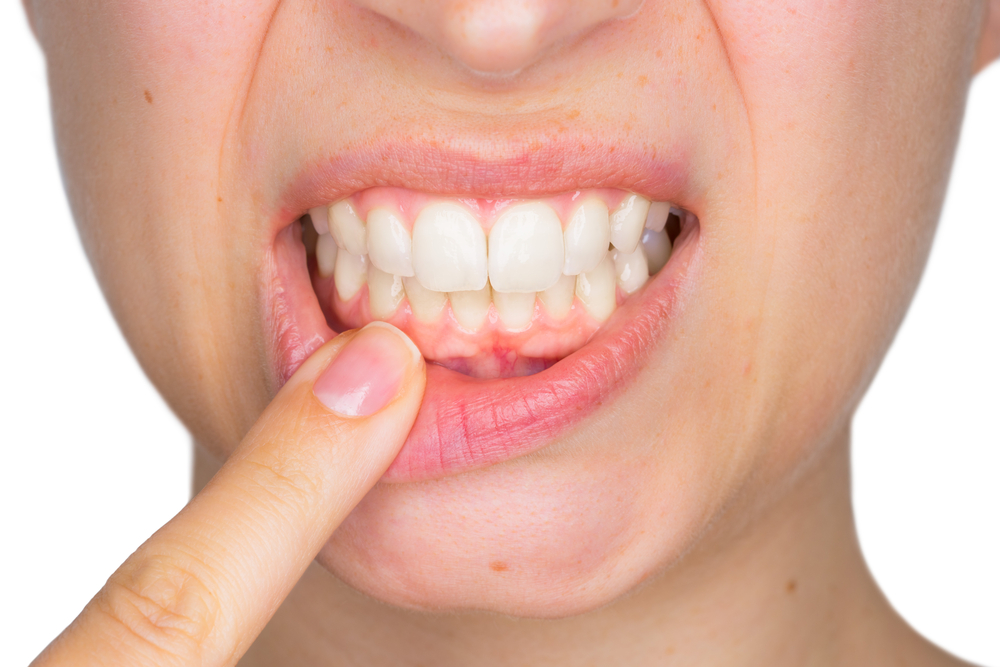Contents:
- Medical Video: Can cleaning your teeth protect against diabetes and heart disease?
- What does gum disease have to do with a heart attack?
- How can gum disease increase the risk of a heart attack?
- What needs to be done to maintain healthy gums and mouth
Medical Video: Can cleaning your teeth protect against diabetes and heart disease?
Gum disease is inflammation of the gums, which is marked by red gums, swells, and easily bleeds, especially when brushing teeth. This condition is also called gingivitis or inflammation of the gums. If left unchecked, this condition will get worse and develop into periodontitis which is damage to the gums, teeth, and bone tissue that supports the teeth. It can even cause serious health problems, such as heart disease, including heart attacks. How can?
What does gum disease have to do with a heart attack?
In patients with gum disease, inflammation of the gums does not only affect your teeth and gums. Many studies also link gum disease with heart disease.
A 2014 study looked at people who had gum disease and heart disease. The researchers found that people who had received appropriate care for gum disease would spend lower heart care costs, around 10-40 percent of people who did not take proper oral care. This shows that having healthy gums will have an impact on good heart health.
Another study from Sweden compared the gum health of patients with and without a history of heart attack. Half of the study participants had had a heart attack, and the other half did not. The results of this study indicate that people with gum disease have a risk of heart attack by 50 percent, compared to people who do not have gum disease.
Other studies also report that there is a relationship between these two conditions. Based on this study, gum disease can increase a person's risk of heart disease by about 20 percent. However, more research is still needed to ensure this.
Even so, these studies have been able to support the hypothesis that gum health affects heart health. Also, with the existence of such research,American Dental Association and American Heart Association has stated a connection between gum disease and heart disease.
How can gum disease increase the risk of a heart attack?
Gum disease increases the risk of heart disease due to inflammation or swelling. This makes the arteries (blood vessels that carry blood from the heart) experience thickening due to plaque buildup, or atherosclerosis. This is a condition that makes blood difficult to flow into your heart, and this condition makes it increase the risk of heart attack and stroke.
Inflammation is also a sign of gum disease, in addition to sore and swollen gums. The initial stage of the disease is called gingivitis which makes the gums red, painful, and sensitive. If this condition is not treated it will develop into periodontitis, which causes gum infection and sometimes forms pus buildup.
That condition raises concerns for heart problems. This is because there are many blood vessels in your gums, whereas if your gums are infected the gum layer will be disrupted causing bacteria to enter through the blood vessels in the gums and flow in the blood, which can trigger inflammation throughout your body. Inflammation is one of the main causes of damage to blood vessels, including the heart.
Research shows that bacteria found in periodontal disease, includingStreptococcus sanguis, plays a role in blockages and spreads to the heart. By maintaining gum health, the potential for the bacteria to enter the heart is smaller.
What needs to be done to maintain healthy gums and mouth
Maintaining dental and oral health is important not only to avoid gum disease, but also to prevent health problems from spreading from the mouth to other parts of the body, thus disrupting your daily life.
There are many healthy lifestyle habits that you can do to maintain oral hygiene. Brush your teeth at least twice a day, when you wake up early and before going to bed with a toothpaste containingfluoride. Avoid brushing your teeth too hard and using a toothbrush with fine hair. You also need to do itflossing teeth at least once a day.
Besides that, usemouthwash regularly it also helps to maintain the health of your mouth and teeth.Mouthwashaka mouthwash can help you reduce germs that cause gum problems up to 99.9% so that the gums stay healthy and keep your fresh breath long lasting.












